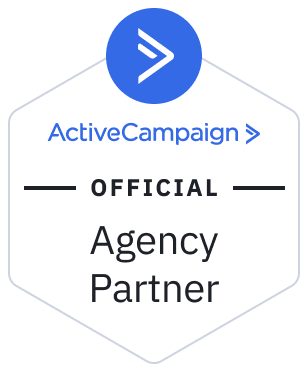As a CEO or top executive, it is essential to understand the vital role of interviews when deciding who to hire for your organization. Through this process, one can gain valuable insight into a candidate’s knowledge base, background, and how they may fit into the company’s culture. The interviewer has been given a great responsibility in the interviewing process that can make or break the outcome of the hiring process.
However, it’s important to approach the interview process with a clear understanding of what to do and what to avoid. In order to make the most suitable choices for the company, here is a list of guidelines for interviewers and what to omit when conducting an interview.

Do’s:
- Review the job description: Before conducting an interview, reviewing the job description is essential, just as the Human Resources department of the University of California let us know in one of their blogs about guidelines for interviewers. First, it’s important to understand the required qualifications, responsibilities, and expectations for the role. This will help ask relevant questions and evaluate the candidate’s suitability for the position.
- Ask situational questions: Situational questions, guided by effective guidelines for interviewers, are among the most effective ways to assess a candidate’s problem-solving and decision-making abilities. For example, asking candidates to describe a specific situation they have encountered in the past and how they handled it can provide valuable insight into their thought process, approach, and decision-making skills.
- Assess adaptability: Adaptability is critical for any candidate, especially in a rapidly changing business environment. During an interview, asking candidates about scenarios in which they have faced changing environments or solving problems in a dynamic context can provide insight into their adaptability.
- Be transparent: One of the main guidelines for interviewers is being transparent with the candidates about the position and the organization. Sharing information about the company’s mission, values, and culture can help establish trust and build a rapport with candidates. Additionally, being transparent about the job requirements and expectations can help avoid any misunderstandings or miscommunications later on.
- Take the time to properly assess: Conducting a thorough interview is essential to evaluate a candidate’s compatibility with the role. Take the time to ask relevant questions, listen carefully to the candidate’s responses, and objectively assess their skills and experience. ”The kind and amount of control that the interviewer should exercise over the discussion is crucial” said Samuel G. Trull, member of the Harvard Business Review service in its article “Strategies of Effective Interviewing“. Rushing through an interview or making hasty judgments can lead to costly hiring mistakes.

Subscribe to our Content
Don’ts:
- Don’t make it a questionnaire: A successful interview is more than just a series of standard questions and answers. Candidates appreciate the genuine interest and conversation that goes beyond the basics. An interview should be an opportunity to learn about the candidate, their experience, and their suitability for the role.
- Don’t be unrealistic about expectations: If you want to implement this group of tips for interviewing someone, it’s important to have clear and realistic expectations for the candidate and the position. Expecting too much from a candidate can lead to disappointment and frustration while setting the bar too low can result in hiring someone who isn’t the best fit for the role.
- Don’t focus solely on the CV: Evaluating a candidate’s resume and credentials is essential, but it’s important to evaluate them holistically. An interview is an opportunity to understand the candidate’s skills, experience, and compatibility with the role beyond what they’ve written on paper.
- Don’t underestimate the importance of organizational culture: The candidate’s fit within the organizational culture is an essential factor in determining their compatibility with the role for the position. During an interview, pay attention to how the candidate’s personality, values, and work style align with the company’s culture and values.
- Don’t make hasty decisions: It’s crucial to take the time to carefully review the candidate’s responses and assess their suitability for the position objectively. Rushing to make a decision based on first impressions or personal biases can lead to costly hiring mistakes.
- Don’t spend more time talking than listening: Remember, the purpose of the interview is to gain insight into the candidate’s knowledge, experience, and compatibility with the position. Ask only one question at a time so they have time to process the information and answer accordingly.
Mastering the Art of Interviewing
The interview process can be a daunting but essential aspect of the hiring process, that can be softened when utilizing professional staffing services like those offered by Condor Agency, which include comprehensive assessments to identify top talent and align them with your company’s specific needs. To ensure objectivity during the process, it is recommended that multiple interviewers are present and that the same set of questions are asked to each candidate. This will make the process more objective and valuable for the company and candidate.
By following the above do’s and don’ts, CEOs and top executives can confidently approach the interview process, knowing that they are equipped with the necessary tools to make an informed hiring decision. Additionally, staying informed about current employee retention trends is crucial in making successful hiring decisions and fostering long-term employee satisfaction.
It is important to keep in mind that the interview is not just an opportunity for the employer to evaluate the candidate but also for the candidate to evaluate the employer. As such, it is critical to establish a rapport and build trust during the interview process.








